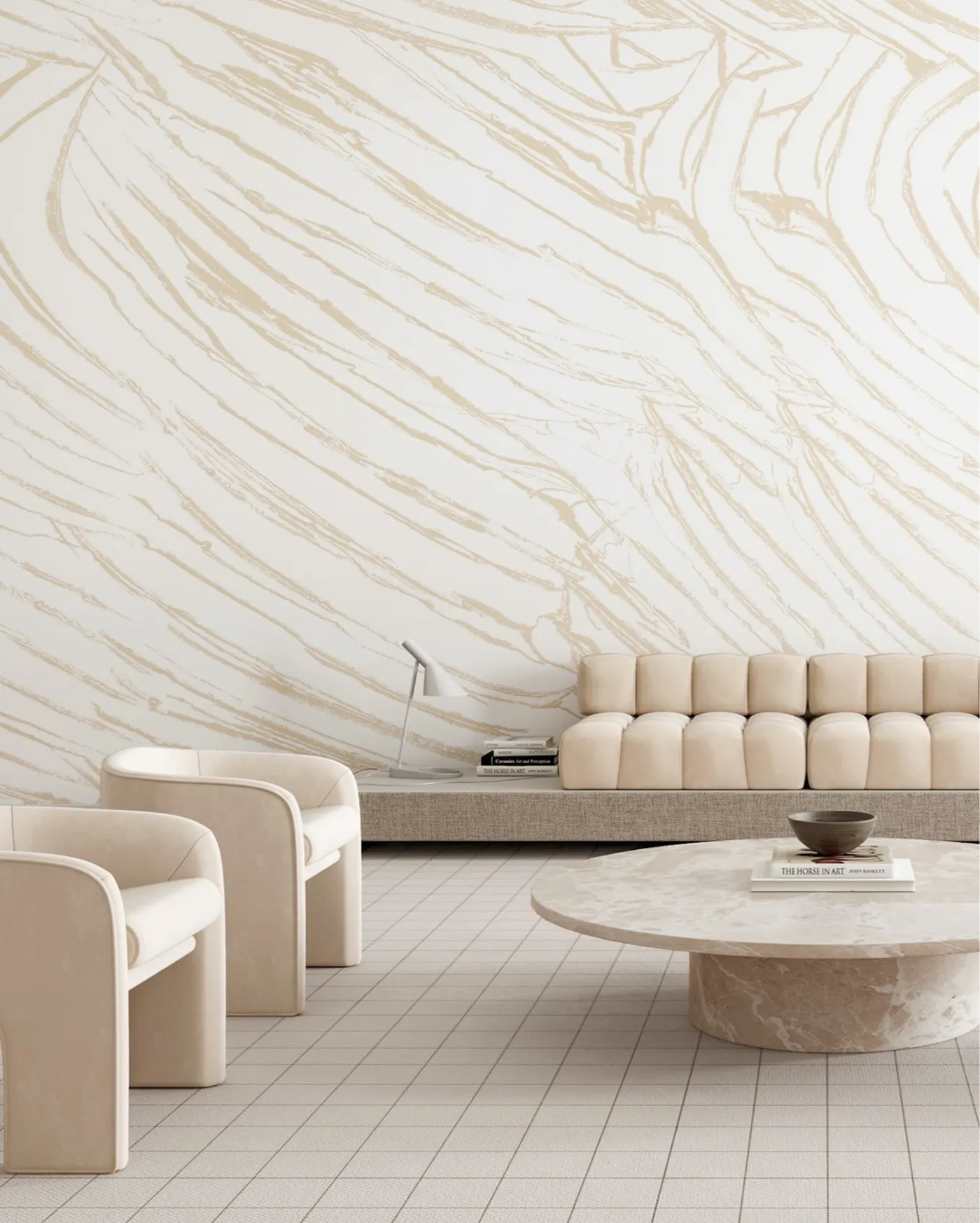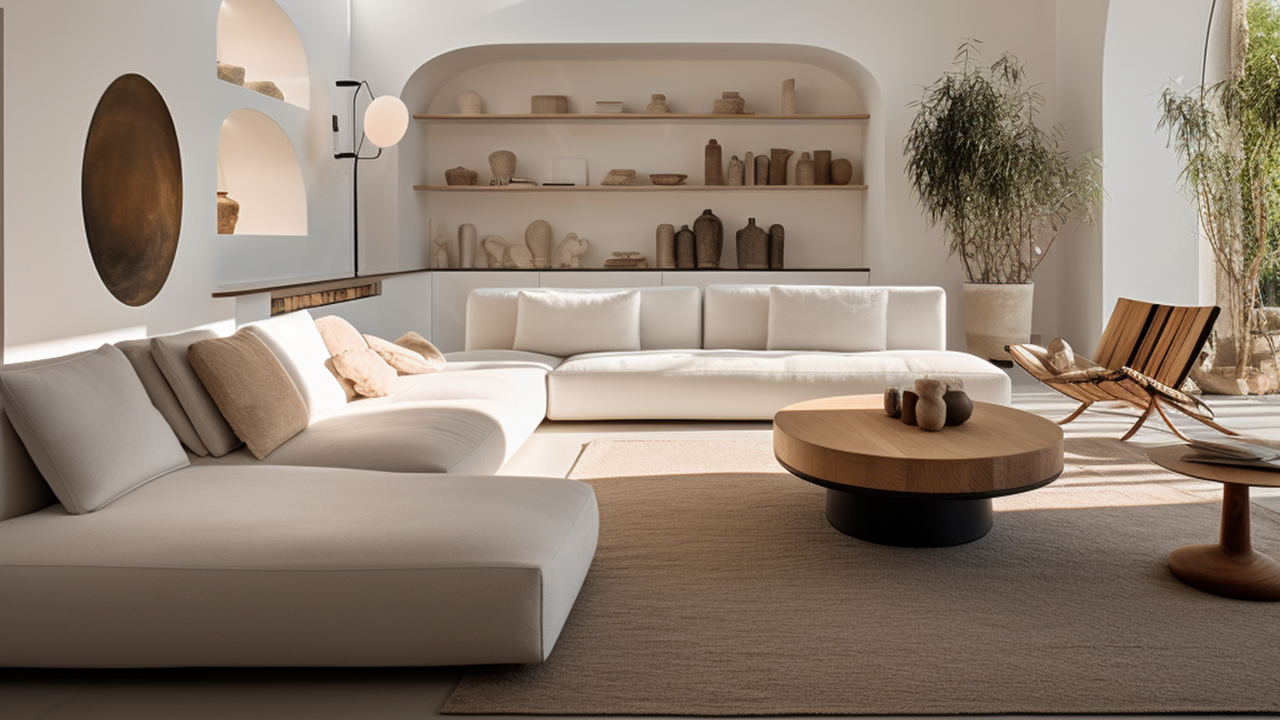Discovering the Long-Term Influence of Minimalism on Psychological and Emotional Wellness
Discovering the Long-Term Influence of Minimalism on Psychological and Emotional Wellness
Blog Article
Comprehending Minimalism: Methods for Decreasing Clutter and Enhancing Clarity in Everyday Living
Minimalism is significantly acknowledged as a viable strategy to boosting clearness and focus in today's messy world. By systematically assessing our ownerships and prioritizing intentionality, we can create areas that not only reflect our worths yet likewise promote psychological wellness. Employing approaches such as the "Four-Box" method can assist in a much more organized environment, yet truth challenge depends on growing a minimal attitude that sustains these initiatives. Checking out the subtleties of this approach may reveal surprising insights right into just how you can change your life. When you embrace this willful simpleness?, what might you discover.
Specifying Minimalism and Its Benefits
Defining minimalism includes understanding it as a lifestyle selection that emphasizes simpleness and intentionality in both daily regimens and physical properties. At its core, minimalism encourages individuals to prioritize what genuinely matters, allowing for a more significant and concentrated existence. By removing the non-essential, minimalism invites people to engage deeply with their experiences and surroundings.
The advantages of adopting a minimal approach are complex. It fosters mental clearness, as minimizing mess in one's setting can lead to decreased interruptions and stress and anxiety. When surrounded by fewer ownerships, people often report enhanced concentration and enhanced efficiency. Secondly, minimalism promotes economic liberty; by focusing on requirements over wants, people can make even more educated investing in decisions, bring about possible savings and lowered debt. A minimal way of living can generate psychological advantages, as it urges people to grow gratefulness for what they have rather than yearning for a lot more.
Eventually, minimalism is not just regarding worldly reduction yet includes a holistic change in point of view, cultivating a life defined by satisfaction, function, and equilibrium. Embracing this way of life can bring about extensive changes in exactly how individuals view and connect with the world around them.
Examining Your Existing Mess
Clutter often materializes as a frustrating accumulation of items that no longer serve a purpose, creating a barrier to accomplishing a minimalist way of life. To successfully analyze your current clutter, it is vital to embrace an organized approach. Begin by identifying the areas in your living space that really feel disorderly or overwhelming. Remember of specific categories of products, such as apparel, books, or cookware, as this will aid you understand the scope of the clutter.

Furthermore, think about the frequency of usage for every product. If something has actually not served a function in the past year, it might be a prospect for elimination. This analysis will certainly not just clarify your partnership with your properties yet will certainly likewise set the foundation for efficient decluttering in the future. Eventually, recognizing your existing clutter is an important step toward embracing minimalism and enhancing clearness in your day-to-day living.

Practical Decluttering Strategies
Having actually evaluated your current clutter, the following action is to carry out sensible decluttering methods that assist in a more organized living space. Minimalism. One reliable approach is the "Four-Box" strategy, where you assign four boxes labeled: maintain, give away, trash, and relocate. This technique encourages quick decision-making and guarantees products are categorized properly
One more strategy is the "One in, One out" guideline, which states that for every new thing gotten, see page an existing item must be eliminated. This principle aids maintain balance and prevents accumulation over time. Furthermore, think about the "30-Day Minimalism Game," where you remove one product on the first day, two on the 2nd, and so forth, cumulatively cultivating a sense of accomplishment.
Limitation yourself to a particular number of valued products, allowing you to appreciate their importance without overwhelming your area. By using these techniques, you can produce a much more tranquil and reliable living room, ultimately enhancing clearness in your everyday life.
Developing Deliberate Areas
Developing deliberate rooms includes a thoughtful approach to how we layout and organize our atmospheres, ensuring each location serves a particular purpose and mirrors our values. This method is crucial in growing a sense of quality and objective in our every day lives. By seriously assessing the function of each room, we can remove diversions and improve our total well-being.
To produce deliberate spaces, start by determining the primary tasks that will certainly happen in each location. As an example, an office need to be developed to cultivate performance, including aspects such as sufficient lighting, comfy furnishings, and marginal distractions. On the other hand, a leisure location need to advertise serenity, featuring relaxing colors and comfy seating.
In addition, think about the emotional effect news of your environments (Minimalism). Including individual items that reverberate with your worths, such as artwork or plants, can enhance the link to your room. Frequently review these atmospheres to guarantee they remain to serve their intended purpose as your demands advance
Inevitably, developing deliberate areas has to do with making conscious selections that align with your way of living, promoting consistency and efficiency in your living and functioning atmospheres.
Maintaining a Minimalist Mindset
Embracing a minimal way of thinking requires recurring reflection and intentionality in our actions and thoughts. This method includes cultivating awareness of our top priorities and values, enabling us to filter disturbances and focus on what absolutely matters. To preserve this state of mind, routine self-assessment is important. Allot time to review your dedications, belongings, and even digital web content, guaranteeing they line up with your core concepts.
An additional trick strategy is to exercise gratitude. Acknowledging what you already possess fosters contentment and decreases the wish for excess. This shift in viewpoint encourages appreciation for simplicity, boosting general wellness. Incorporating mindfulness techniques, such as meditation or journaling, can further strengthen a minimal state of mind by promoting quality and reducing psychological clutter.
In addition, establish limits to protect your time and power. Discover to claim no to non-essential obligations and distractions that do not add to your personal development. Border on your own with like-minded individuals that support your minimal journey, as shared worths can improve inspiration and liability.
Final Thought
In final thought, embracing minimalism provides significant benefits, including minimized mess and enhanced clearness in everyday life (Minimalism). By methodically analyzing possessions and executing useful decluttering methods, individuals can create willful rooms that foster mindfulness and thankfulness. Keeping a minimalist mindset calls for recurring analysis and dedication to simplicity, inevitably leading to an extra focused and fulfilling way of living. The principles of minimalism offer as beneficial devices for cultivating an atmosphere that supports personal growth and wellness.

Furthermore, think about the "30-Day Minimalism Game," check here where you remove one item on the very first day, two on the 2nd, and so forth, cumulatively cultivating a sense of achievement.
In verdict, welcoming minimalism provides substantial benefits, consisting of decreased mess and enhanced quality in everyday life.
Report this page